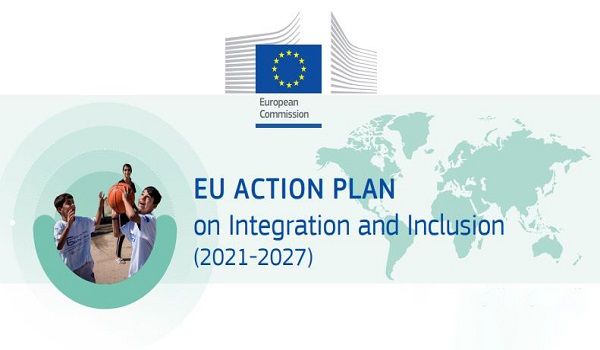Inclusion for all: Commission presents action plan on Integration and Inclusion 2021-2027

date: 11/01/2021
Vice-President for Promoting our European Way of Life, Margaritis Schinas, said: “Inclusion is the embodiment of the European way of life. Integration and inclusion policies are vital for newcomers, for local communities, and contribute to cohesive societies and strong economies. Everyone who has the right to be in Europe should have access to the tools they need to realise their full potential and assume the rights and obligations governing our Union.”
Commissioner for Home Affairs, Ylva Johansson, said: "Migrants are ‘us', not ‘them'. Everyone has a role to play in making sure our societies are cohesive and prosperous. Integration and inclusion mean listening to migrant communities and ensuring that everyone can enjoy rights, regardless of background. Inclusive integration is giving the same tools and support needed to contribute to society, so that migrants can reach their full potential and our societies benefit from their strength and skills.”
As emphasised in the new Pact on Migration and Asylum, successful integration and inclusion is an essential part of a well-managed and effective migration and asylum policy. It is also essential for social cohesion and for a dynamic economy that works for all.
The action plan proposes targeted and tailored support that takes into account individual characteristics that may present specific challenges to people with a migrant background, such as gender or religious background. Successful integration and inclusion depends both on early action and on long-term commitment.
Although national governments are primarily responsible for creating and implementing social policies, the EU plays a key role in supporting Member States through funding, developing guidance and fostering relevant partnerships.
More information is available online:
